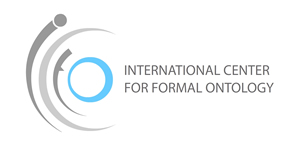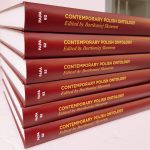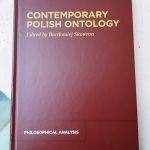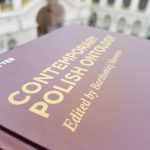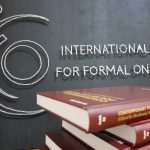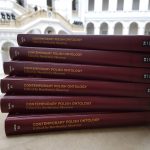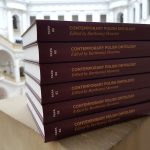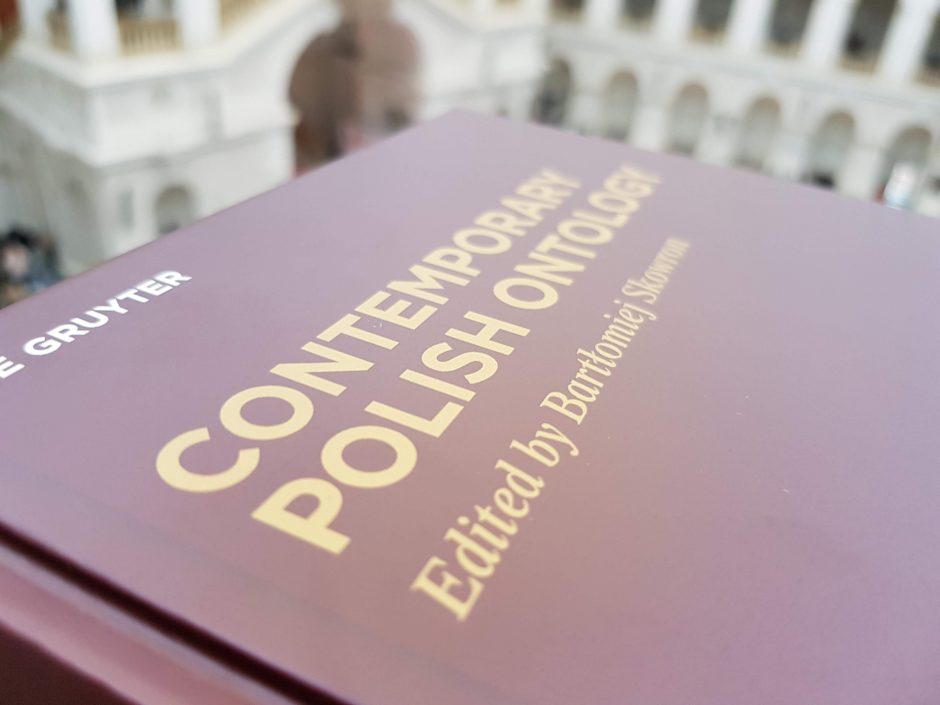
The book on Contemporary Polish Ontology has been published
This book is a collection of articles authored by Polish ontologists living and working in the early part of the 21st century. Harking back to the well-known Polish Lvov-Warsaw School, founded by Kazimierz Twardowski, we try to make our ontological considerations as systematically rigorous and clear as possible – i.e. to the greatest extent feasible, but also no more than the subject under consideration itself allows for.
Hence, the papers presented here do not seek to steer clear of methods of inquiry typical of either the formal or the natural sciences: on the contrary, they use such methods wherever possible. The fact that despite their adherence to rigorous methods, the Polish ontologists included here do not avoid traditional ontological issues, being inspired as they most certainly are by the great masters ofWestern philosophy – from Plato and Aristotle, through St. Thomas and Leibniz, to Husserl, to name arguably just the most important.
The subject of the present volume is no single ontological issue, in that its purpose is to demonstrate the richness of ontology as currently practised in Poland. The articles contained here touch upon and range across the most important ontological issues: substance and dispositions, persons and knowledge, as well as language, time and mathematical objects – not to mention the ontology of action and the metaphysics of possible worlds. During the very first meeting of the Polish Philosophical Society in Lvov in 1904, Kazimierz Twardowski spoke the following words: “The one and only dogma of the Society will be the conviction that dogmatism is the greatest enemy of scientific work. Just as all radii of a circle, though originating from different points around its circumference, combine and meet in its center, so we wish all directions taken by the work and philosophical views of our Society to aim at just one goal: the illumination of the truth”. The philosophical metaphor of a circle, in which various methods and issues, striving for true cognition, converge in the middle, fits well with the current book: the reader will encounter ontological analyses here that employ a wide range of methods, but which nevertheless all focus on seeking out ontological insights of the most perspicuously truthful kind.
Ontology in Poland, as in other countries, is diverse and heterogeneous – and it is surely good that it is so! This collection of articles brings together the work of ontologists who, in their deliberations, mostly make use of methods specific to either the formal sciences (mathematics and logic) or the natural ones (physics). Ontology of this kind, while approximating to a form of scientific inquiry, remains most definitely a philosophical discipline: it does not become just another part of science (even in the broadest sense of that term), but rather just uses scientific tools. This type of ontological approach is not the only one present in Poland, but it is one that in one way or another continues the tradition initiated by Kazimierz Twardowski, Stanisław Leśniewski, Roman Ingarden, Kazimierz Ajdukiewicz and Józef Maria Bocheński – one still enthusiastically continued in the opening decades of the 21st century by Bogusław Wolniewicz and Jerzy Perzanowski. We ourselves, while seeking to take this tradition still further in Poland, also form part of the increasingly popular direction known as “mathematical” philosophy (sometimes also referred to as “logical” or “formal” philosophy), which may be regarded as the sister of “analytical” philosophy in the strict sense of that term.
(from the Introduction)
The book is available on the website of the Publisher: https://www.degruyter.com/view/product/545176.
Google Books:
Contents
Bartłomiej Skowron – Some Introductory Thoughts on Contemporary Polish Ontology
Tomasz Bigaj – On Essential Structures and Symmetries
Mariusz Grygianiec – Prospects for an Animalistically Oriented Simple View
Filip Kobiela – How Long Does the Present Last? The Problem of Fissuration in Roman Ingarden’s Ontology
Zbigniew Król and Józef Lubacz – The Subject’s Forms of Knowledge and the Question of Being
Andrzej Biłat – The World as an Object of Formal Philosophy
Urszula Wybraniec-Skardowska – Logic and the Ontology of Language
Krzysztof Śleziński – Benedict Bornstein’s Ontological Elements of Reality
Janusz Kaczmarek – On the Topological Modelling of Ontological Objects: Substance in the Monadology
Krzysztof Wójtowicz – Does Mathematical Possibility Imply Existence?
Rafal Urbaniak – Neologicism for Real(s) – Are We There Yet?
Jacek Paśniczek – Possible Worlds and Situations: How Can They Meet Up?
Marek Magdziak – The Ontologic of Actions
Michał Głowala – “Physical Intentionality” and the Thomistic Theory of Formal Objects
Bartłomiej Skowron, Tomasz Bigaj, Arkadiusz Chrudzimski, Michał Głowala, Zbigniew Król, Marek Kuś, Józef Lubacz, and Rafał Urbaniak – An Assessment of Contemporary Polish Ontology
